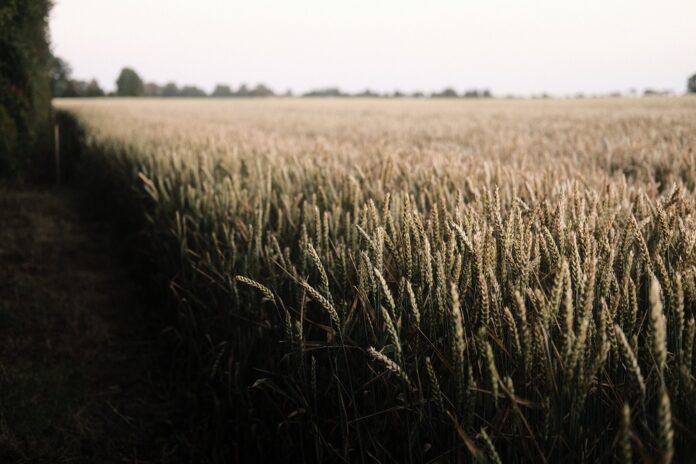A recent study by the British scientific journal “Nature Magazine,” titled “Countries’ Vulnerability to Food Supply Disruptions Caused by the Russia–Ukraine War from a Trade Dependency Perspective” found that “conflicts in some parts of the world can spill over into the global food supply chain, resulting in short-term external risks of varying degrees to food supplies beyond the point of origin.”
Food security is a critical aspect of any nation’s well-being and sovereignty, encompassing various dimensions such as availability, access, utilization, and stability of food.
In the context of Ukraine and Russia, the issue of food security holds significant importance given their historical, geographical, and socio-political ties, but, most importantly, their supply of crucial commodity exports like wheat and grain.
A CNN report from August 2023 showed that Russian aggression toward Ukraine caused one of the most difficult times within the supply chains. In fact, an unclassified U.S. Intelligence report confirms that Russia’s invasion of Ukraine caused deep disruptions in the global food supply.
In light of these challenges, there is a pressing need for both countries to engage in dialogue and seek cooperative solutions to enhance food security. Cooperation in agricultural trade and production can contribute to mutual benefits, ensuring a steady supply of food products and stabilizing prices for consumers.
The conflict in Eastern Ukraine has directly affected agricultural regions, making it difficult for farmers to cultivate and harvest crops. Additionally, the disruption of supply chains and markets has limited access to food, leading to concerns about food availability and affordability for many Ukrainians.
Russia, as a significant actor in the region, also faces the challenge of balancing its interests in relation to Ukraine and its own food security needs.
Russia has traditionally relied on Ukraine for a substantial portion of its grain and agricultural imports.
However, geopolitical tensions have strained this relationship, prompting Russia to seek alternative sources of food imports to ensure its own food security.



